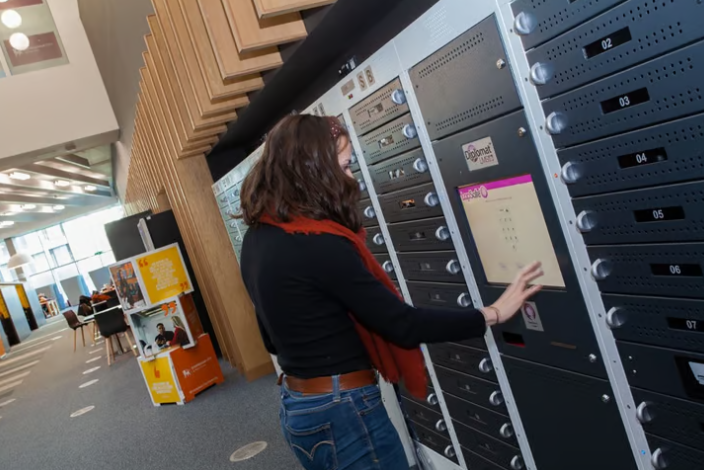Transitions/Human Rights
All about the wider issues that come out of the sustainability transitions including human rights
Has Britain's diversity drive backfired?
We have recently seen 'DEI' come under fire, particularly in North America, but also in Europe. "Britain's diversity drive has backfired?" was the headline of a recent Telegraph article that caught our eye via a LinkedIn post from Paul Sesay. On 20 March 2024,
Facilitating inclusion
At a recent Australia and New Zealand Roadshow in London organised by the UK Department for Business and Trade, I met Denise Crouch and Jamie Crathern from LapSafe who talked passionately about their business. LapSafe provide smart lockers, trolleys and cabinets to organisations in the education, healthcare, manufacturing and other
Sunday Brunch: sizing up good corporate governance
Improving overall corporate governance can improve valuation, but what should we be looking for?
Can better governance improve stock valuations?
For listed companies, there are a number of choices that a board and executive management can make to increase the valuation of the shares in the company. One example is choosing where to list. In my career I have seen many non-US companies running for US stock market listings in
Sunday Brunch: What does a CSO actually do? Part 2
Many companies seem to want the upside that comes from better sustainability optics, without doing the hard work involved in integrating sustainability into their operational processes and strategy formulation - Alison Taylor
When DEI isn't inclusive - discrimination against the 50 plus workforce
As individuals north of 50 years old, a LinkedIn post from the founder of recruitment service the Cleeve Partnership, Natasha Cleeve really caught our eye. Natasha highlighted that there is discrimination against the 50+ workforce even as a skills shortage persists. According to a WHO/UN report ageism is costing
Sunday Brunch: how much can we rely on regulation?
Is more regulation always the best answer? Given that so much of it seems to be either failing to produce the outcomes we want, or not even making into the statute books, do we need a rethink?
Supply chains - will the European regulation work?
It's well known that Europe is active in introducing regulation to ensure that products being sold in the region meet minimum human rights and environmental standards. Many companies are already preparing for the new rules and by and large the new rules are well supported by the general
Sustainable mining - will we fund the required investment?
One of the biggest sustainability transition challenges relates to our ability to mine enough critical minerals to allow the various sustainable industries to scale up the (already known) solutions.
Sunday Brunch: good faith is no defence for lack of foresight
Are directors properly discharging their fiduciary duty by taking into account the changing landscape in which they operate?
Sunday Brunch: Who pays matters
Funding sustainability cannot just be a debate about which funding source - we also need to understand how willing the end consumer is to foot the bill. Or putting it in simple terms, who pays. Because someone has to. And who gains? Is it always the same 'person' that pays?
Sunday Brunch: Innovation alone will NOT save the world
Innovation is great. It's the life blood of long term value creation in many industries. But on it's own it's not enough. When it comes to putting your money to work, look beyond this to those companies that are good at taking good ideas, and turning them into profitable businesses.











